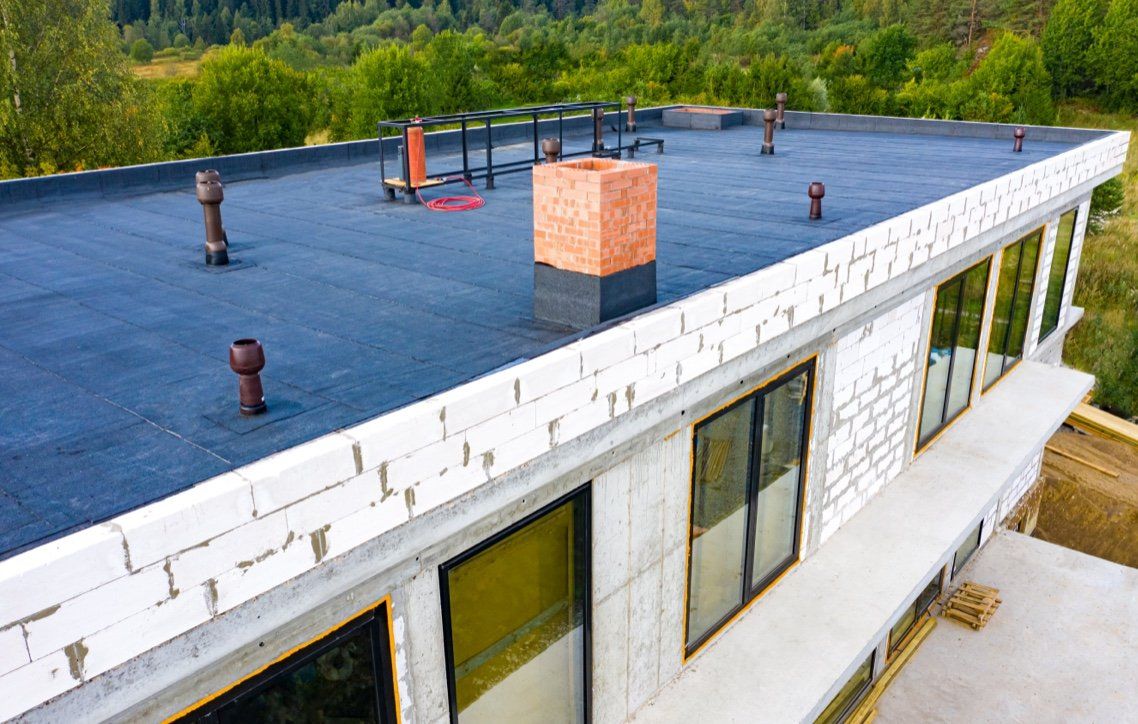Often overlooked, roof insulation plays a key role in enhancing your home’s energy efficiency. Learn how it improves roof performance, reduces energy bills, and boosts indoor comfort.
How Insulation Improves Roof Performance
Roof insulation is vital for your home’s temperature regulation. It prevents heat from escaping in the winter and keeps your home cool during summer, enhancing comfort and energy efficiency.
Insulation’s Role in Reducing Heating and Cooling Costs
Proper insulation reduces the workload on your HVAC system, keeping energy bills lower. Upgrading your roof’s insulation can reduce heating and cooling costs while also decreasing your environmental impact.
Top Tips for Improving Roof Insulation
- Choose the Right R-Value: Opt for a higher R-value to boost insulation performance. Select the appropriate R-value depending on your climate zone.
- Switch to Reflective Insulation: Reflective insulation can help reduce heat absorption in warmer climates, improving energy efficiency.
- Address Air Leaks: Check for and seal air leaks around chimneys, skylights, and vents to improve insulation effectiveness and prevent air loss.
- Insulating the Attic: Heat rises, so attic insulation is crucial to preventing energy loss. Make sure your attic is properly insulated.

Why Weathercraft Recommends Certain Insulation Solutions
We suggest eco-friendly, durable insulation materials that ensure long-term performance. Weathercraft’s experts will assess your needs and recommend the best insulation solutions for maximum energy efficiency and budget flexibility.